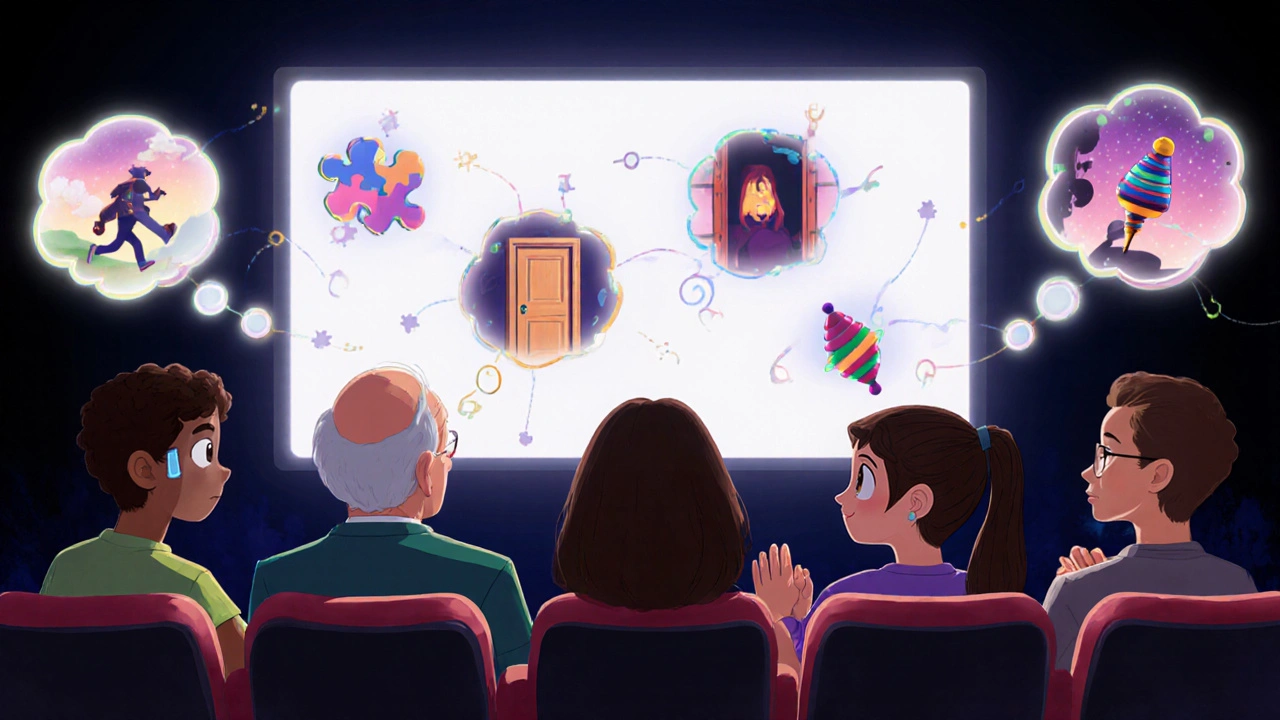Cognitive Film Theory: How Your Brain Makes Sense of Movies
When you watch a movie and feel like you're inside the story, that’s not magic—it’s cognitive film theory, the study of how viewers mentally process films through perception, memory, and emotion. Also known as film cognition, it’s the science behind why a single shot of a character looking off-screen makes your heart race, or why a non-linear timeline feels more real than a straight narrative. This isn’t about film techniques alone—it’s about your brain wiring itself to the screen.
Cognitive film theory relies on three big ideas: film perception, how your eyes and mind interpret visual and sound cues to build meaning, narrative cognition, how your brain reconstructs stories even when they’re fragmented or ambiguous, and viewer engagement, the emotional and psychological investment that turns watching into feeling. These aren’t abstract ideas—they’re why you cry at a silent moment in an indie film, or why you rewatch a scene to catch what you missed. Studies in film psychology show that viewers don’t just absorb stories—they actively fill gaps, predict outcomes, and assign emotional weight based on tiny visual clues: a glance, a pause, the color of a room.
Look at the films here: cognitive film theory explains why Agnès Varda’s essay films feel so personal, not just because they’re intimate, but because they mirror how memory works. It’s why Hayao Miyazaki’s flight scenes don’t just show freedom—they trigger your brain’s innate response to weightlessness and escape. It’s why David Fincher’s cold, precise shots make you feel more unsettled than any jump scare ever could. This isn’t just about what’s on screen—it’s about what happens between your ears while you watch.
What you’ll find in this collection isn’t theory for theory’s sake. These are real breakdowns of how films work on the mind—how sound design tricks your nervous system, how editing shapes your sense of time, how a character’s silence can feel louder than a scream. Whether you’re a filmmaker trying to connect deeper or just someone who gets lost in a movie, this is your map to why it all hits so hard.
Cognitive film theory explains how viewers actively build stories and feel real emotions from movies using universal mental processes. Learn how perception, memory, and empathy shape your movie experience.
View More

